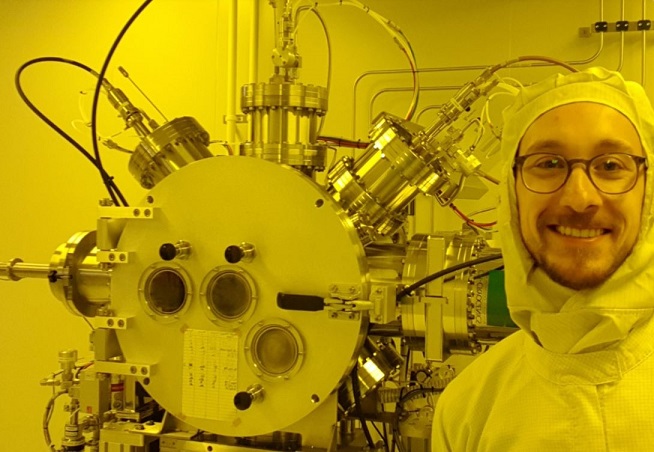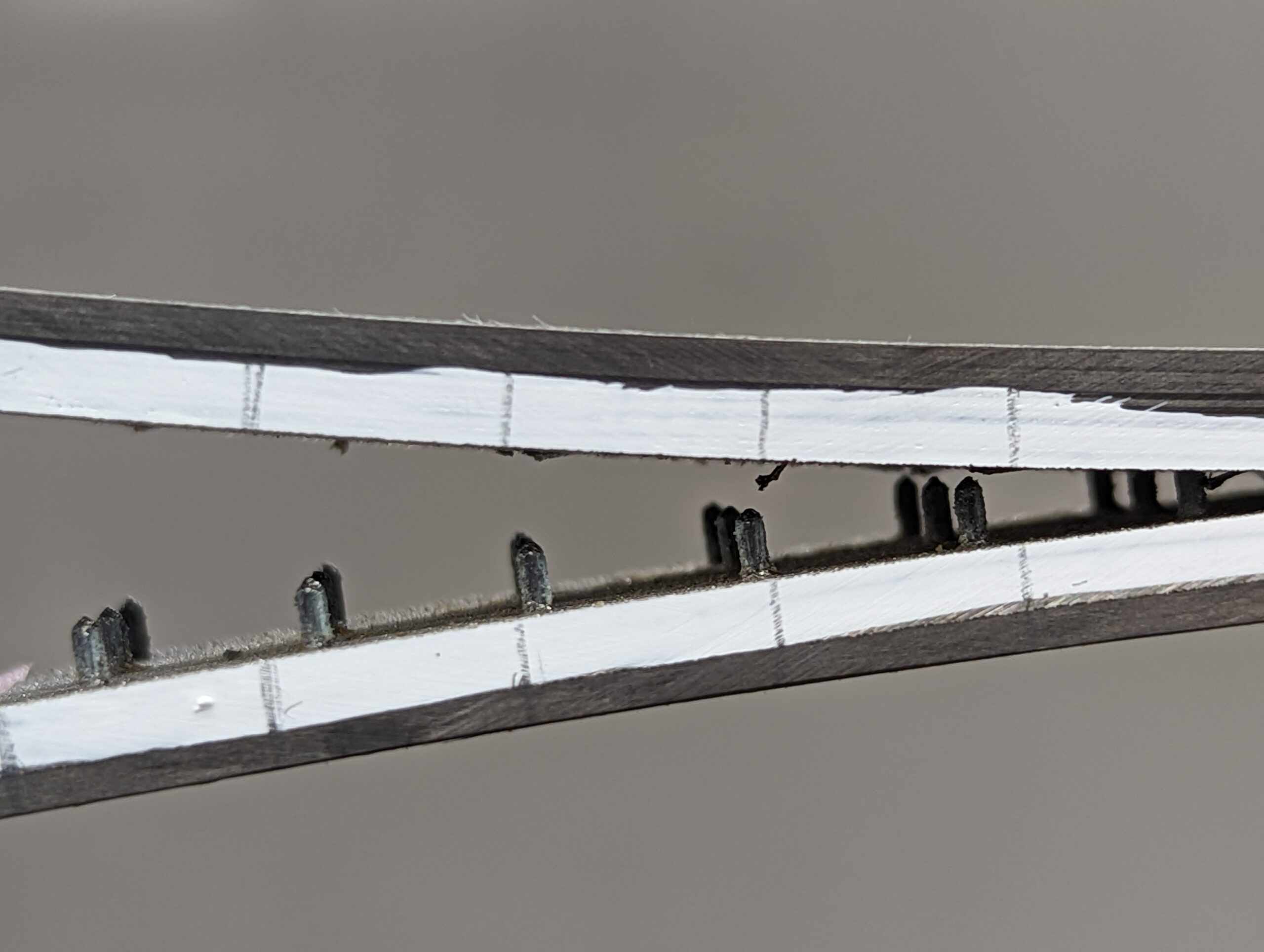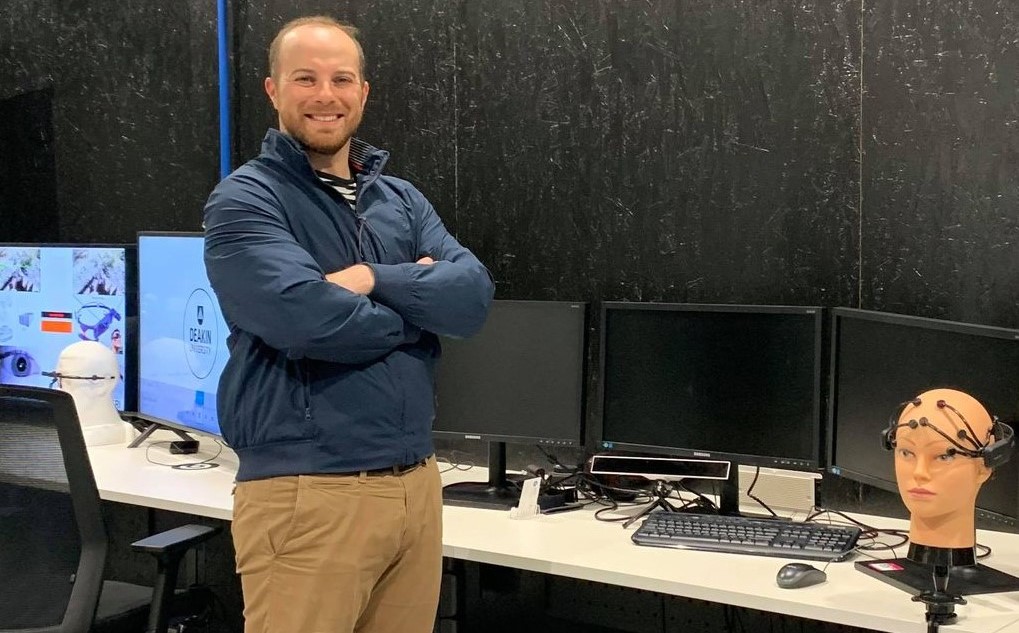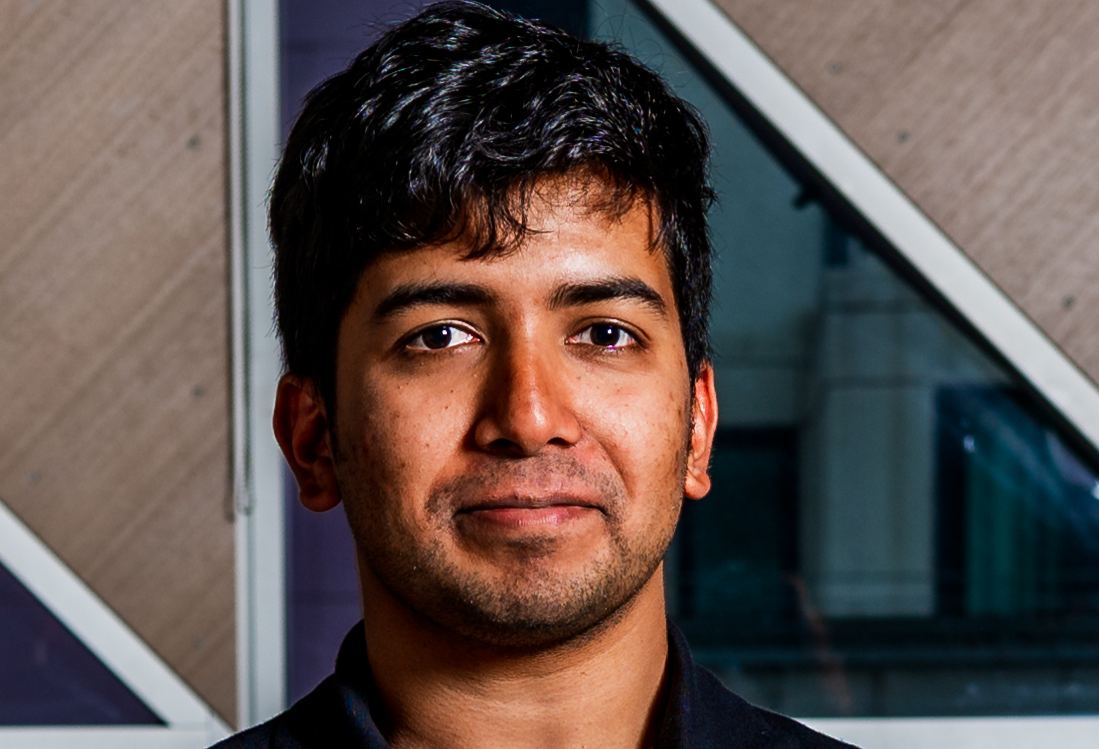Swinburne University and defence technology experts DefendTex recently teamed up to conduct innovative research, utilising their combined expertise. The team studied how to minimise environmental as well as personnel health and safety risks associated with detonation of energetic materials in diverse Defence-related and civilian applications.
For an additional research boost, PhD student Stefan Lundgaard was welcomed to the team through a DSI-facilitated Research Higher Degree Student Grant. With expertise in semiconductors, Stefan focused on optically induced absorption in ‘perfect absorbers’ and the application of ‘black metals’ for controlled energy deposition by light, a hot topic in the fast-growing field of light energy harvesting by metamaterials.
These low reflective surfaces, layered with nanometer-scale thin films, are designed to efficiently absorb incident light energy, inducing chemical reactions in a safer, more controlled method. In a high-pressure environment, perfect absorbers could help to prevent injury or death caused by accidental handling of energetic materials.
“In the natural world metals are reflective and look bright upon illumination. We managed to create a metal surface that absorbs almost 100% of surrounding light,” said Swinburne’s Professor Juodkazis, Stefan’s Primary Supervisor on the project and his PhD mentor.
The project gave Stefan the opportunity to apply his expertise to the entire pipeline of a real-world defence problem – from hypothesis, design and manufacture, to testing, analysis and document reporting. Collaboration with industry partner DefendTex was an added incentive, providing access to advanced testing facilities.
“DSI has been paramount in helping me create relationships across the industry and Victoria’s defence network. It also led to collaboration with the University of St Andrews in Scotland and Tokyo Institute of Technology,” said Stefan, who is keen to pursue research with Defence application. “The connections provided by DSI really strengthen future prospects for students,” he added.
The output from this project has enhanced the potential for more efficient, easily portable devices, with both defence and civilian application. “With this device, the fundamental scientific research can be used for sensing, solar energy, anti-reflective coatings and as an optical initiator that can save lives,” said Stefan, whose contribution has helped jumpstart development of new technology for the Victorian defence sector.
For more details on the project and the extent of research conducted, view and download the research paper.
Stefan Lundgaard’s story of research progression is one of many at DSI and demonstrates how research outcomes from a variety of fields and disciplines are transferable and of value within the defence sector.
To learn more about this and other projects and find out how we can help advance your research, please contact us at dsi.info@defencescienceinstitute.com.



